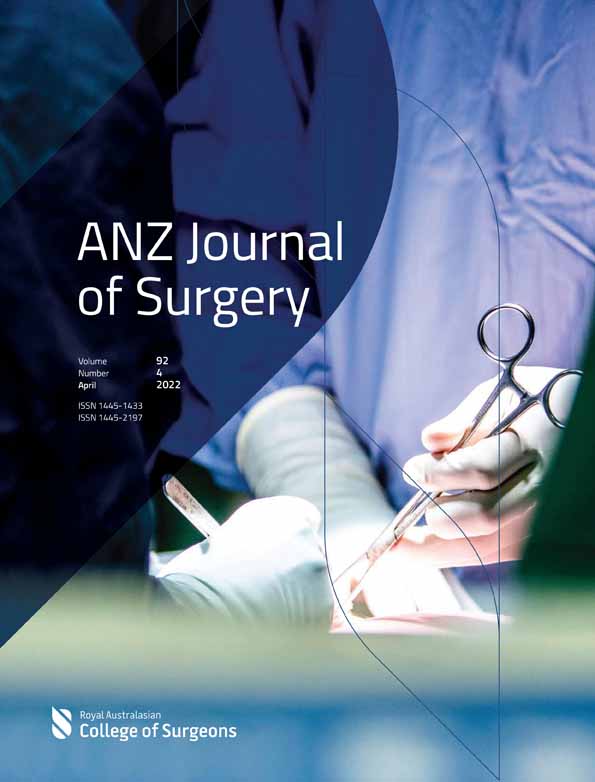Informed consent: perceptions and practice of orthopaedic trainees
This study was presented to the Royal Australiasian College of Surgeons Annual Scientific Congress, 2021 and to the Australian Orthopaedic Association's Annual Scientific Meeting, 2021.
The corresponding author is not in receipt of any consultancy fees or a research grant related to this study and is currently enrolled in a Master of Health and Medical Law at the University of Melbourne.
Abstract
Background
The purpose of informed consent is to provide patients with adequate information about a proposed plan or intervention, including the benefits and risks, so that they can make an informed decision about their medical treatment. The literature suggests that trainees are often delegated the task of obtaining consent with inadequate knowledge, skill or experience.
The aim of this study is to determine the extent orthopaedic surgical trainees have been exposed to education about the informed consent, their perceived ability to obtain consent effectively and the frequency with which they routinely address elements of the process when consenting patients.
Methods
An eight-item questionnaire assessing trainees' experience with informed consent was distributed to trainees undertaking Australian orthopaedic surgery training in 2019.
Results
Of the 239 trainees, 102 completed the questionnaire. Although 99% of trainees were confident that they can obtain valid consent from patients, when asked about aspects of the process, many trainees do not address them. Only 29% of trainees always ask patients about goals of care and 21% always advise the patient of who will be performing the procedure. Trainees who indicated that they had received education on informed consent during surgical training are significantly more likely to address key elements.
Conclusion
Trainees' perceptions of their knowledge and skill in relation to informed consent does not align with their reported practice. Although the majority of trainees had received some education on informed consent, greater emphasis on explicit teaching and formal assessment should be undertaken during surgical training, prior to trainees completing this activity independently.
Conflict of interest
None declared.




